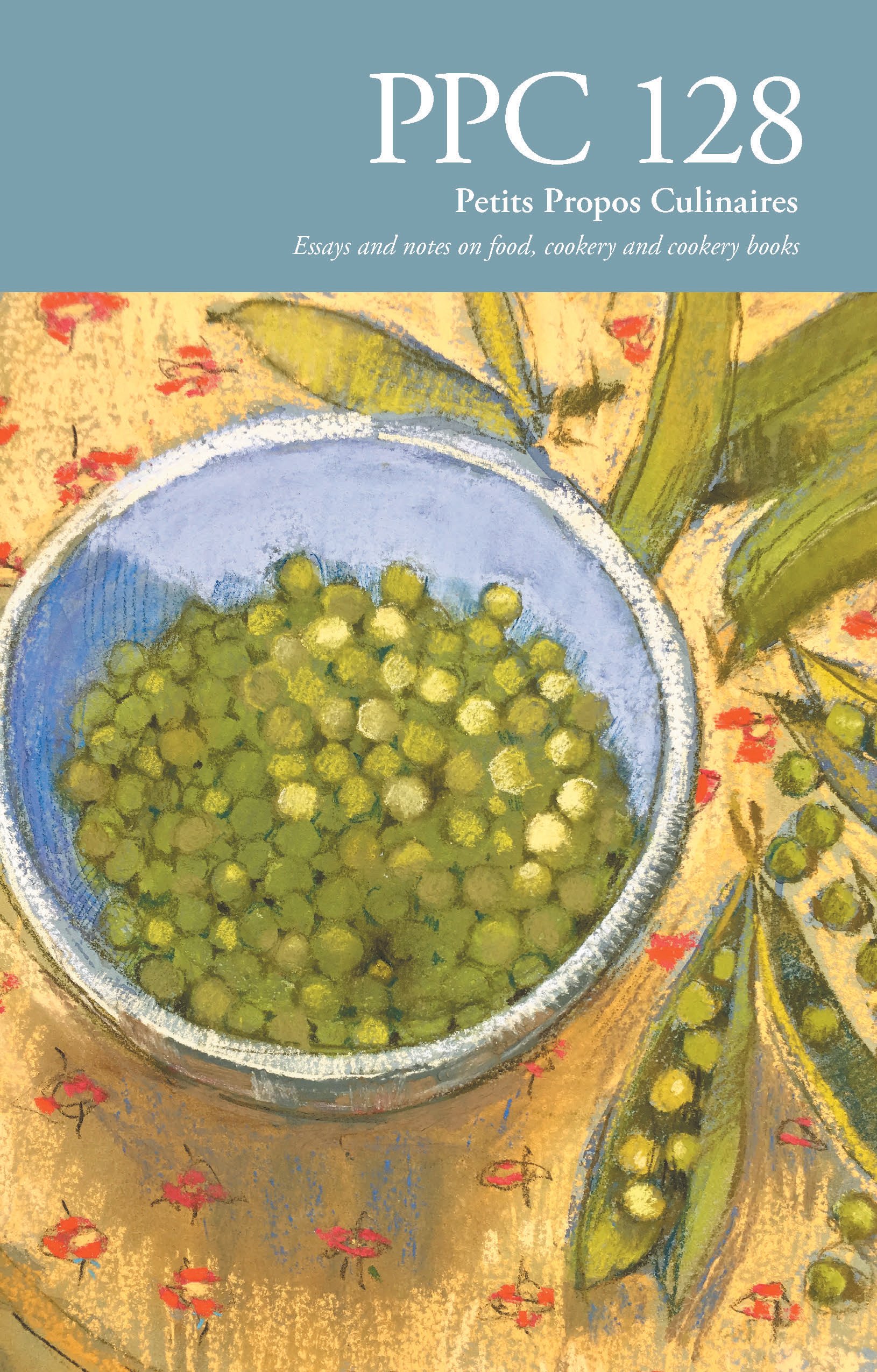The Dark Millennial History of Souse
DOI:
https://doi.org/10.1558/ppc.28871Keywords:
Souse, pickling, Caribbean, slaveryAbstract
The name for souse, a still popular dish in the Caribbean and composed of pickled pig’s parts, is traced via Old French to Old Low Franconian, the Germanic dialect of the invading Franks, and at a further remove to Proto-Germanic *sultjo- ‘brine’. Always a humble constituent of English diet, souse was an important food-stuff for enslaved Africans in the English colonies of the Caribbean. The American port of Boston is a likely source for the pickled pork packed in casks and filled with apple cider vinegar.
References
Anglo-Norman Dictionary, edited by William Rothwell et al., 2nd ed. (Aberystwyth: Humanities Research Council, 2001).
Dugdale, William, Monasticon Anglicanum, edited by Roger Dodsworth, John Stevens et al. (London: Longman, Hurst, Rees, Orme & Brown, 1817-1830).
The English Dialect Dictionary, edited by Joseph Wright (London and New York: H. Frowde and G. B. Putnam’s Sons, 1898-1905).
Etymological Dictionary of Proto-Germanic, edited by Guus Kroonen (Leiden: Brill, 2013).
Französisches etymologisches Wörterbuch, edited by Walther von Wartburg et al. (Bonn: Klopp, 1923-2002).
Hunt, Tony, Teaching and Learning Latin in Thirteenth-Century England, 3 vols (Cambridge: Cambridge University Press, 1991).
‘An Independent Barbados,’ The New York Times, March 22, 2023, https://www.nytimes.com/2023/03/22/travel/independent-barbados.html?searchResultPosition=1.
Middle English Dictionary, edited by Paul Schaffner et al. (Ann Arbor, Michigan: University of Michigan Press, 1952-2001).
Oxford English Dictionary: OED Online (Oxford: Oxford University Press, 2023).
Russell, John, The Boke of Nurture, in Early English Meals and Manners, edited by F. J. Furnivall (London: Early English Text Society, 1868; reprint 1973).

